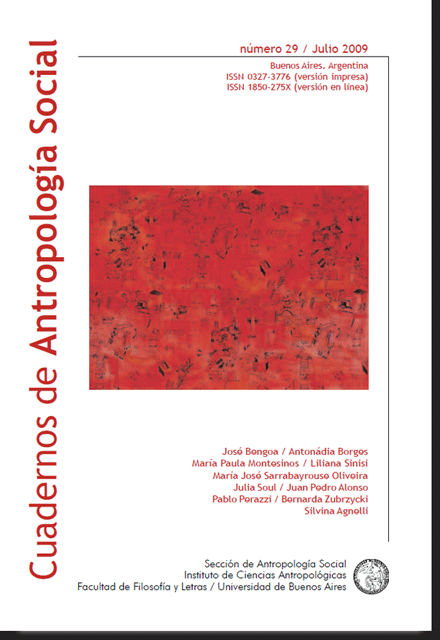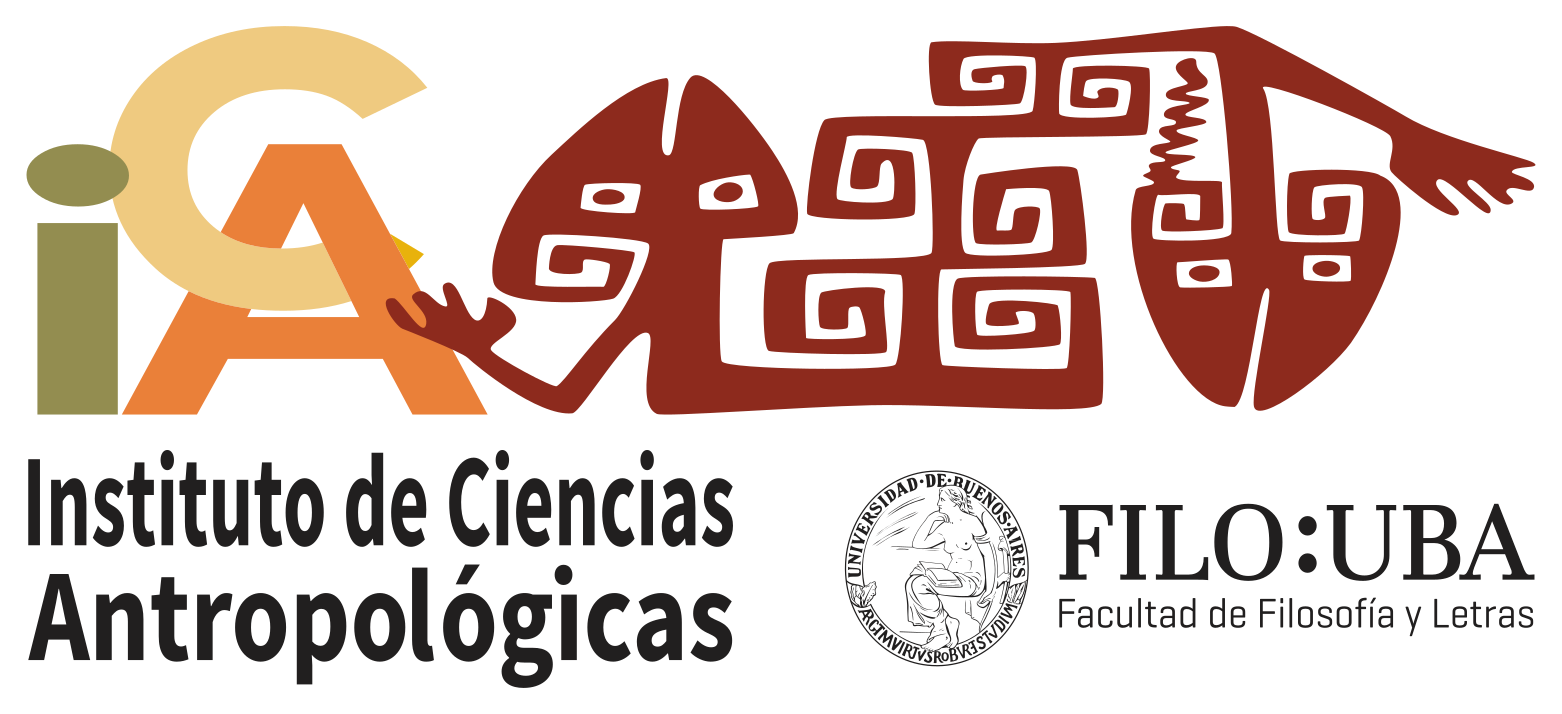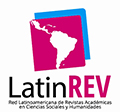A second stage of Indigenous Emergence in Latin America?
Abstract
In this work we sustain that the Indigenous Emergency has been the most important phenomenon in Latin America during the last two decades. We indicate that the first cycle of this process of ethnical identity reconstruction has begun to exhaust and to give way to a second cycle. This new phase is strongly marked by the experience of Evo Morales´s government in Bolivia and the indigenous municipalities that have surged in many countries, where the indigenous organization leaders have taken the local public institutions. This new situation debates the previous concept of autonomy, as not full belonging to the national community, and pose the challenge of a new indigenous citizenship, where to be a national citizen and a member of indigenous people do not cause a contradiction. In this new descolonization, the indigenous will search to appropriate of state instruments and institutions as ethnic citizen, but not to retire to their natives communities in a kind of withdrawal or “auto apartheid”.Downloads

Esta obra está bajo una Licencia Creative Commons Atribución 4.0 Internacional
Cuadernos de Antropología Social sostiene su compromiso con las políticas de Acceso Abierto a la información científica, al considerar que tanto las publicaciones científicas como las investigaciones financiadas con fondos públicos deben circular en Internet en forma libre, gratuita y sin restricciones.
Los contenidos y opiniones expresadas en los artículos publicados son de entera responsabilidad de sus autores.
Los autores/as que publiquen en esta revista aceptan las siguientes condiciones:
- Los autores/as conservan los derechos de autor y ceden a la revista el derecho de la primera publicación, bajo la licencia de atribución de Creative Commons, que permite a terceros utilizar lo publicado siempre que mencionen la autoría del trabajo y a la primera publicación en esta revista.
- Los autores/as pueden realizar otros acuerdos contractuales independientes y adicionales para la distribución no exclusiva de la versión del artículo publicado en esta revista (p. ej., incluirlo en un repositorio institucional o publicarlo en un libro) siempre que indiquen claramente que el trabajo se publicó por primera vez en esta revista.















